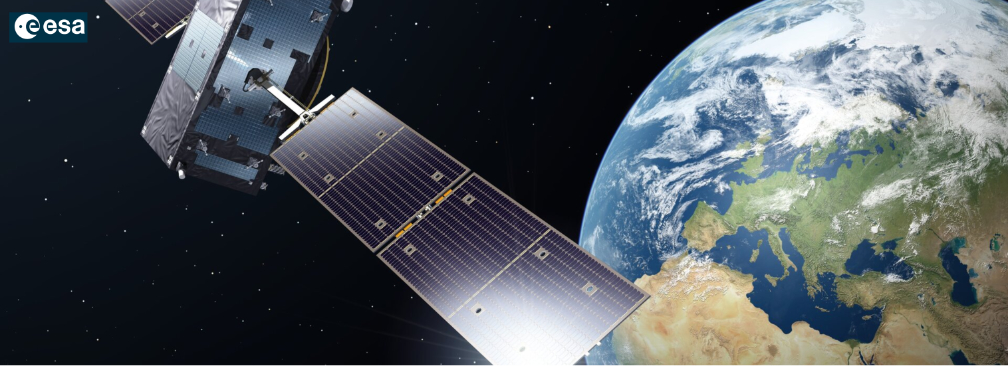
Thales Alenia Space recently signed a 772 million euros contract with the European Space Agency (ESA), acting in the name and on behalf of the European Union represented by the European Commission, to provide six satellites that will be part of the 2nd Generation of Galileo constellation.

The first satellites of this second generation will be placed in orbit by the close of 2024. With their new capabilities relying on high innovative technologies (digitally configurable antennas, inter-satellites links, use of full electric propulsion systems), these satellites will improve the accuracy of Galileo as well as the robustness to interference and jamming and resilience of its signal. This will be key for the upcoming digital decade and will support more security & defense usages.
Among its objectives, the Galileo 2nd Generation satellites will boost the EU industry competitiveness in the highly strategic domain of technologies for EU sovereignty. This second generation is fitted with a more robust and reliable solution, cyberattacks protected for an enhanced service availability and a projected 15 years operational lifetime.
Hervé Derrey, CEO of Thales Alenia Space, said, “I warmly thank both the European Commission and ESA for the trust they put in our company to be onboard this important flagship program for Europe. This success emphasizes the capacity of Thales Alenia Space to address complex space systems. Galileo 2nd Generation will benefit from the company’s unique legacy in constellations and from its strong longstanding know-how in space navigation solutions, in particular with Galileo and EGNOS.”
“More robust, more reliable, cyber secured, the 2nd Generation of Galileo satellites will provide users with an increased service availability,” Massimo Claudio Comparini, Deputy CEO and SEVP Exploration, Observation and Navigation at Thales Alenia Space said. “Thales Alenia Space will achieve the objectives of this challenging program, leveraging on its design capabilities as well as its digital and state-of-art upstream technologies coming from our competence centers in Italy, in France, in Spain and in Belgium as well as the long standing expertise and assets for the Assembly Integration and Testing of satellite constellations in Rome.”
Thales Alenia Space in Italy, prime contractor for the satellites and the space segment related activities, will lead a multi-national team from Europe’s Space Community including Thales Alenia Space entities, Thales, Spaceopal, Leonardo and other partners with proven capacity coming from 14 European Countries: Italy, France, Spain, Belgium, Germany, Austria, Sweden, Czech Republic, Denmark, Netherlands, Switzerland, Romania, Poland, Greece. The Full Operational Capability phase of the Galileo program is managed and fully funded by the European Union. The Commission and ESA have signed a delegation agreement by which ESA acts as design and procurement agent on behalf of the Commission.

